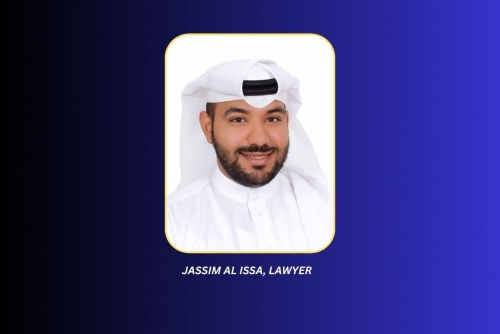‘Seek voluntary treatment’
TDT | Manama
Email: mail@newsofbahrain.com
Drug users in Bahrain can avoid prosecution by voluntarily seeking treatment, but face legal action if caught with narcotics in their system, a Bahraini lawyer has said.
Marking the International Day Against Drug Abuse and Illicit Trafficking, Jassim Al Issa explained that the law allows addicts or their relatives, up to the fourth degree, to request admission into a rehabilitation centre.
In such cases, no criminal case is filed and the addict is treated without being sent to court.
Charges
“If the person is caught using, or if traces are found in their blood, then the Public Prosecution brings charges,” he told The Daily Tribune.
Al Issa referred to Law No. 15 of 2007, which sets out clear differences between users, promoters and traffickers.
Penalties rise sharply depending on the individual’s role.
Someone found in possession of banned substances for personal use may face a fine of up to BD3,000 or jail time, under Article 32.
Article 35 sets a maximum penalty of six months’ imprisonment and a BD100 fine for certain acts committed without authorisation.
Sterner treatment
By contrast, traffickers face much sterner treatment. Offences under Article 30 carry penalties of life imprisonment or death, along with a fine ranging from BD5,000 to BD50,000.
These penalties apply to those who import, produce, sell or fund narcotics or restricted plants, whether directly or through others.
The law lists types of substances in detailed schedules covering both chemical and botanical forms.
Tougher sentencing applies in cases involving repeat offenders, public servants tasked with drug enforcement, the use of minors, involvement in cross-border trafficking, or misuse of legal protection or position.
Accidental violations
“The law also addresses banned prescriptions and restricted ingredients in certain medicines,” said Al Issa. “This helps define what is prohibited and makes it easier to avoid accidental violations.”
He urged addicts and their families to make use of the law’s provision for voluntary treatment.
“A request can be submitted by the user or by a spouse or close relative. It prevents a criminal record and gives the person a chance to move on,” he said.
“This is far better than court-ordered rehabilitation, which still leads to a case being registered. Even if time spent in the facility is deducted from the sentence, the charge remains.”
Related Posts

